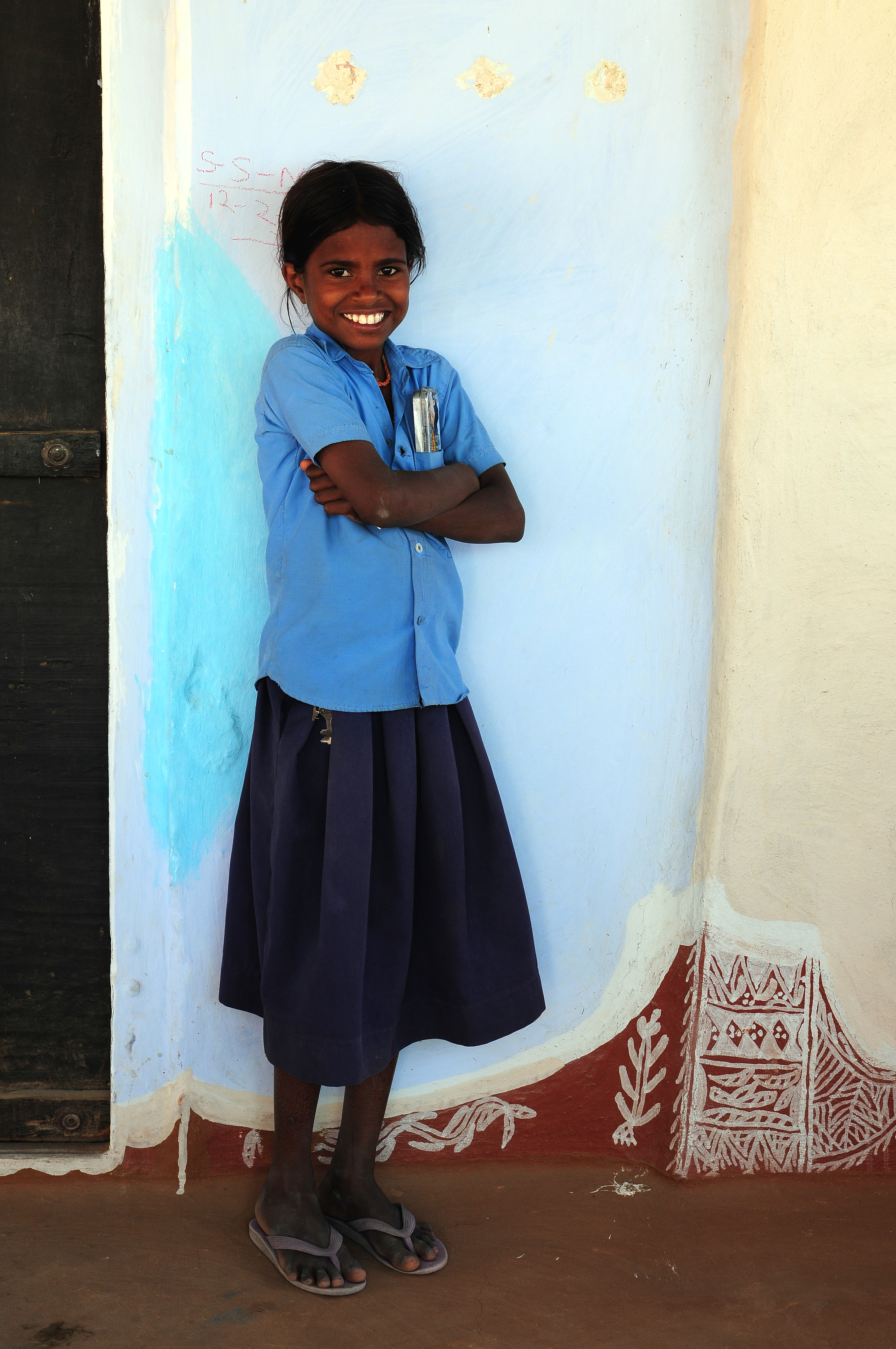by Cristina Ljungberg, The Case for Her @cjljungberg
Menstruation programming is a strategic stepping stone for gender equality. But projects that fund the integration of menstrual health into sexual and reproductive health and rights (SRHR) and water, sanitation and hygiene programming (WASH) are sparsely funded. Menstrual health plays a critical role for Sustainable Development Goal (SDG) 5 (Gender Equality), 3 (Education), 4 (Healthcare) and 6 (Water and Sanitation), which should make menstrual health a strategic funding priority.
Menarche, the first period, is a vital sign of health that marks the transition from childhood to adolescence. But many pre-adolescent girls lack information and support before or during this transition, leaving them unprepared to manage their period safely, comfortably and confidently. This lack of preparation can have a profound impact on a girl’s health and reproductive life.
Girls’ perception of the onset of puberty is seldom the positive experience it could be. Across the world, menstruation is met with silence and discrimination, causing restricted mobility, infection, loss of economic participation and in some extreme cases, even death. Menstruation is surrounded by shame, anxiety, embarrassment, pain and sometimes even amplified by social norms that reinforce harmful practices.
In September 2018, the UN Human Rights Council adopted a resolution on the human right to safe drinking water and sanitation that called upon states to “address the widespread stigma and shame surrounding menstruation and menstrual hygiene by ensuring access to factual information thereon, addressing the negative social norms around the issue and ensuring universal access to hygienic products and gender-sensitive facilities, including disposal options for menstrual products.”
However, the SDGs and the Global Strategy for Women’s, Children’s and Adolescent Health developed by the World Health Organization lack specific goals and indicators for menstrual health in their work, making it critical for funders to fill this gap through investments in evidence and metrics.
At The Case for Her, we have learned that addressing menstrual health effectively requires a multi-tiered strategy that combines cross-sectoral programming, research and advocacy. Menstrual health is about informing women and girls about their bodies and teaching them to understand family planning, reproductive health and giving them the space to ask questions.

Funding is needed not only to support and scale programming but also to solidify the research and evidence base. The Case for Her has made this a priority through a diverse portfolio of grants, investments and research including close collaboration with PSI through the Maverick Collective. PSI’s menstrual health focal point, Maria Carmen Punzi, has been documenting where and how menstruation pops up in PSI’s regional and national work. In her research, she has spoken to a large number of PSI offices and her findings overwhelmingly support the evidence gathered by The Case For Her—girls want to talk about their periods, are eager to know more, and more importantly, an understanding of menstruation heavily influences both the start and continuation of long-acting reversible contraceptive use (LARCs). Evidence suggests that irregular bleeding coupled with the lack of education and understanding of menstruation is one of the most significant causes of discontinuation of LARCs. In addition, tackling menstruation-related pain and other symptoms can be a primary reason for a girl to start using contraception.
Additional funding needs to be focused on developing a clear business case. Qualitative and small-scale studies conducted in Uganda and India demonstrate a link between poor menstrual hygiene management and school absenteeism. According to World Bank estimates, a 1 percent increase in girls’ completion of secondary education increases gross domestic product by 0.3 percent and contributes to annual growth rates by 0.2 percent. We need to solidify the evidence that correlates to menstrual health and the research must look further than missed days of school and consider, for example, a student’s ability to concentrate in class, safe and sanitary WASH infrastructure in schools and impact on sexual and reproductive health of women and girls.
Social enterprises need access to investment capital and funding to scale up projects. Examples include AFRIpads in Uganda, which produces cloth for reusable pads for millions of women in multiple countries. Small enterprises and movements are maturing into sustainable companies, and there’s still a need for significant investments. Unlike other business sectors, menstrual companies are saddled with the need to provide education, awareness and advocacy, creating an additional financial burden.
More investment in advocacy is necessary to change attitudes and global taboos tied to menstrual health. WASH United, which launched Menstrual Hygeine Day in 2015, is a fabulous example. In 2018, there were over 500 registered Menstrual Health Day events in 71 countries, and more than 650 articles and 45,000 contributions on social media were generated. Examples like this prove that a relatively small investment in advocacy can have a sizable and significant impact. This work is influencing the way people think about periods, and it becomes clear that when we talk about menstruation we’re talking about much more than pads and tampons—we’re talking about women’s rights, access to education and healthcare.
With so much at stake—and so much to gain—funding menstrual health is one of the most strategic, cross-cutting and impactful investments that a funder can make.
Hear more at the Women Deliver pre-conference event, “Making the Case For Her: Breaking Taboos Around Women and Girls’ Sexual and Reproductive Health” on Sunday, June 2 at 6pm at VCC West, Room 110.
This article appears in PSI’s Impact magazine, released in tandem with Women Deliver 2019, as part of an ongoing conversation about putting #PowerInHerHands.
Banner Image: ©PSI/Jake Lyell





















